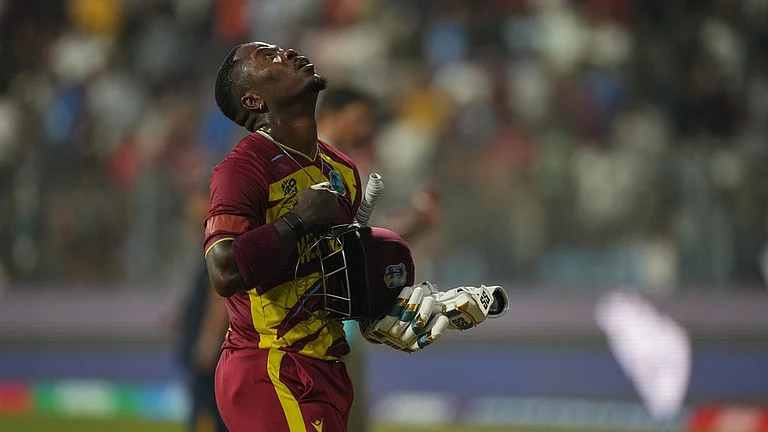The Delhi government will install more than 90,000 smart street lights on all roads maintained by the Public Works Department (PWD) in order to eliminate dark spots and bolster women's security.
Chief Minister Arvind Kejriwal granted in-principle approval to the smart street light policy on Tuesday.
To ensure uninterrupted functioning of the lights, he stressed on having a robust central monitoring system. In the event of any fault in street lights, the control room will be promptly alerted, triggering immediate replacement measures, according to a statement from the chief minister's office.
Kejriwal said the Delhi government is doing whatever it can to strengthen women's security. Smart street lights will play a pivotal role in eliminating dark spots and instilling a sense of safety among citizens, particularly women, he added.
The proposal to install 90,953 smart street lights was presented before the chief minister by PWD Minister Atishi during a high-level meeting at the Delhi secretariat.
PWD officials provided a comprehensive overview of the project, highlighting the outdated technology used in existing street lights, which made it challenging to procure spare parts and led to excessive energy consumption. Consequently, electricity bills soared due to increased usage. Additionally, the manual monitoring of the current street lights made it difficult to address complaints promptly, as real-time monitoring was lacking, it said.
This initiative aims to eliminate dark spots in the city and enhance safety by reducing incidents of crimes against women in poorly lit areas, it added.
The chief minister expressed concern about the rising number of crimes against women in recent times and said his government is taking all necessary measures within its jurisdiction to prevent such crimes.
The implementation of the smart street light scheme is part of these efforts, the statement said.
The government has adopted the Energy Service Company (ESCO) model for the policy, centralising the control of smart lights.
It will enable the control room to promptly identify and rectify any faulty lights. Moreover, many lights remain illuminated during the day on various roads, leading to unnecessary electricity wastage. The scheme aims to address this issue and reduce electricity wastage, it said.
Under the ESCO model, the PWD's electricity bill is expected to be reduced by approximately 50 per cent. The savings from reduced electricity bills and maintenance costs will be shared with the concessionaire.
According to the statement, 59,572 traditional lights will be replaced with smart LED lights and 31,381 existing LED lights will be converted into smart street lights -- making it a total of 90,953.
The ESCO agency will bear the maintenance cost for a period of seven years.
-With PTI Input


























